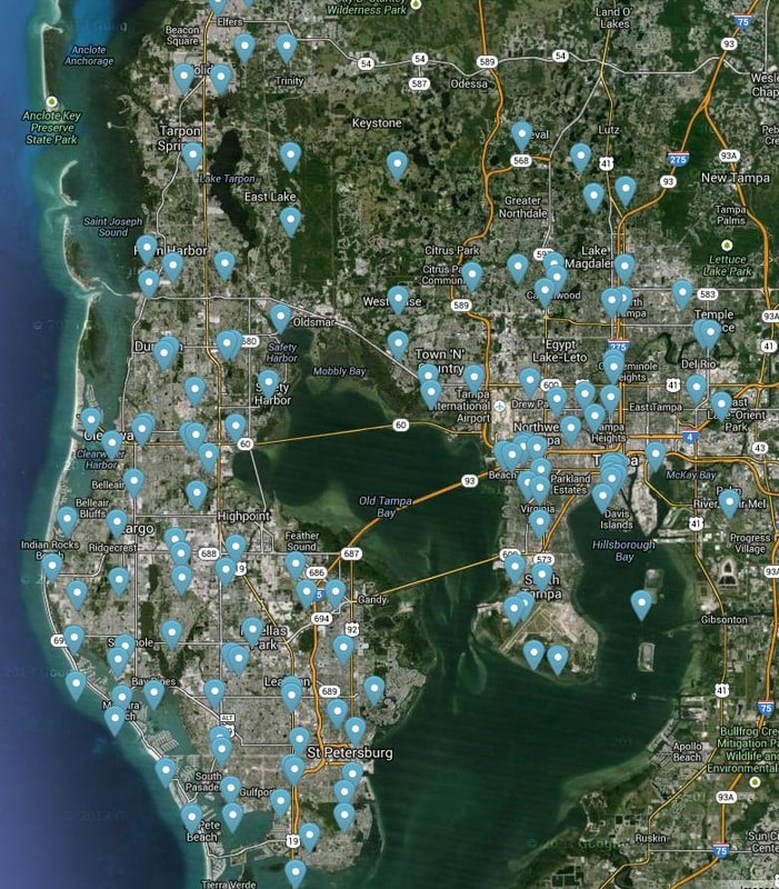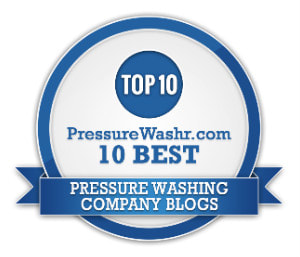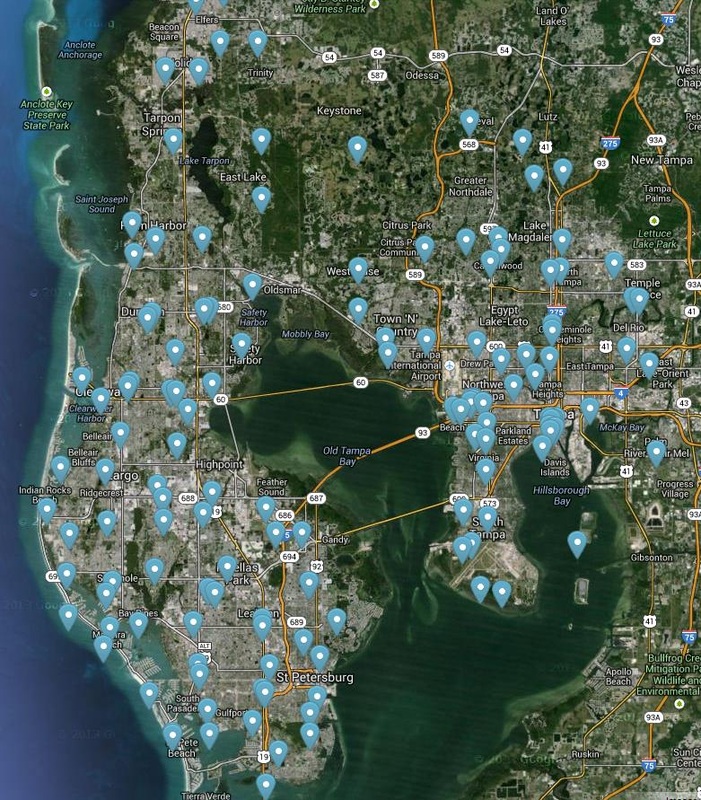|
Your fence is one of the first things that visitors notice about your property. When it becomes dull and dingy or full of algae and other organisms, giving it a thorough cleaning is an essential step to a better looking property. Pressure washing is a quick way to clean an old fence and is ideal for both vinyl- and wooden fences. When it comes to staining a wood fence, pressure washing is the first step in preparing the wood. Perform a Thorough Inspection Before cleaning, give your fence a thorough once over. Pay special attention to loose or wobbly pieces and secure them with appropriate fasteners. If possible, replace protruding nails with corrosion-resistant screws. In some instances, you may be able to countersink protruding nails. Straighten sagging gates with a turnbuckle support and remove loose, rotting panels before starting to pressure wash. By securing loose pieces and removing rotting ones, you'll avoid possible mishaps due to the force of the water hitting the surface. Also, make sure that you check the wood for signs of insects or rot and mark those for replacement when it's time to stain your fence. Ready, Set, Start Pressure Washing The process for pressure washing your fence is relatively the same whether you have a vinyl or a wood one, although there are some minor differences. Make sure that you protect plants near the fence by either trimming them back or covering them with plastic sheeting. Your pressure washer should have a PSI of approximately 1,000 to 2,000. Start with a lower pressure and a 25-degree nozzle. Hold the nozzle approximately two feet away from the fence and gradually move forward if you do not see the desired results. You can also increase the pressure gradually if you wish. Stand slightly further away from a vinyl fence when you begin and keep the spray moving, working from the bottom up on individual panels or slats. Vinyl Fences Vinyl fences, because of the very nature of the material, may need additional preparation. These fences generally need less upkeep, and because of that, some homeowners may neglect them. If you haven't cleaned your vinyl fence in several years, you may see dark or green or yellow streaks, which are a build-up of dirt and algae and other organic matter. As vinyl is non-porous, this problem only affects the surface, so once you clean it, the stains will disappear. To pressure wash your vinyl fence and remove excessive amount of organic matter, wet down the surface first and apply a mild cleaning solution or diluted bleach, or if you prefer, a natural solution that will break up the dirt. Let the solution sit for about 10 minutes, but do not let the cleaner dry as this can cause streaking. Note that bleach can dry out and degrade vinyl in strong concentrations, so if you use bleach while cleaning, make sure that you rinse thoroughly with the pressure washer. Old wooden fences When cleaning an old fence made of wood, you may have to do three or four passes before achieving the level of cleaning that you desire. The spray will slowly brighten the wood as it takes off the top layers of dirt and stain. Stop pressure washing when it appears that you have removed all the old stain and paint. Spraying for too long can damage the wood. For more information on how to pressure wash and stain your fence, visit our video page. Additional Considerations for Old Fences Made of Wood Once you have finished with pressure washing, let the wood dry before replacing any posts or panels or gluing together boards that have split and then clamp the pieces together until they fully dry. Glue will not work well if the wood retains some moisture. Consider coating posts from where they emerge from the ground with a wood preservative as this is the area that is most prone to rot. How Long After Pressure Washing Can You Stain a Fence? This question is one of those most frequently asked at DPI Pressure Washing. Generally, wait at least 48 hours before staining your fence. However, conditions must be perfect and in Clearwater, rarely do we have ideal conditions. For one, humidity levels here are almost always high, which impacts how fast surfaces dry after pressure washing. Depending upon the temperature as well as the humidity, you may have to wait longer. We recommend waiting at least 72 hours, if possible. If in doubt, you can always wait another day. How Do I Know My Fence is Dry Enough for Staining? You can check it via two methods. One is to perform a visual inspection. Check for any damp areas and feel the wood to see if it is puffy. If it is, you need to let it dry longer. When in doubt, wait another 24 hours. The second way is to use a moisture meter. Take probes in several spots, especially in shaded areas as wood here will dry more slowly. Ideal readings are 12 to 15 percent. What Happens if I Apply Stain to a Wet Fence? Stain applied to wet wood won't absorb properly, and you'll have a fence with uneven color. You can also encounter another problem, namely mold, moss and mildew, as you'll seal water inside the wood. Finally, the stain could crack and peel quickly, forcing you do redo the job sooner than you would like. How Warm Should It Be When I Stain? Try to stain on a dry, warm day. The optimal temperature for staining wood outdoors is 70 degrees Fahrenheit (ca. 21 degree Celsius), however, you can stain wood when the outdoor temperature is 50 to 90 degrees Fahrenheit (ca. 32 °C). Try not to stain when the sun is directly overhead as the stain will dry too quickly and won't absorb well. Take a Break From Pressure Washing Revitalizing and staining a fence can take a long time. When you search for pressure washing near me and come across DPI Pressure Washing in Clearwater, you've found an experienced and reliable pressure washing contractor that will make quick work of cleaning your fence. Contact us at 813-991-7243 or fill out our convenient online form to get a quote. Sincerely, We value your residential or commercial property in the greater Tampa Bay area and want to help you maintain and even increase its value, while offering professional and cost effective services.
Read genuine customer testimonials Comments are closed.
|
Ella May + Luna Marie + Amelie Rose Munoz:We like to help our Dad to promote his pressure washing and window cleaning business in Clearwater and Tampa Bay. Hope you enjoy this blog ;-). Charlotta Munoz + kids
Categories
All
Archives
June 2024
|
Fully Licensed and Insured - Keep your mind at ease while we work for you.
100% Satisfaction Guaranteed - We never let a customer down!
Affordable and Prompt - We don't like to be late, or expensive.
100% Satisfaction Guaranteed - We never let a customer down!
Affordable and Prompt - We don't like to be late, or expensive.
Serving the Tampa Bay area since 1996!

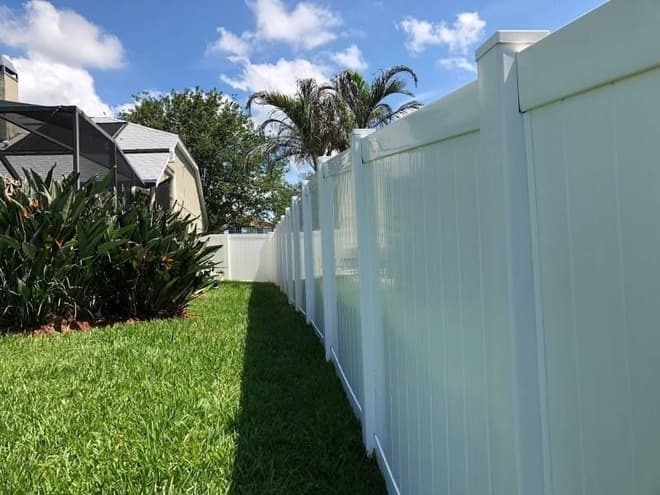
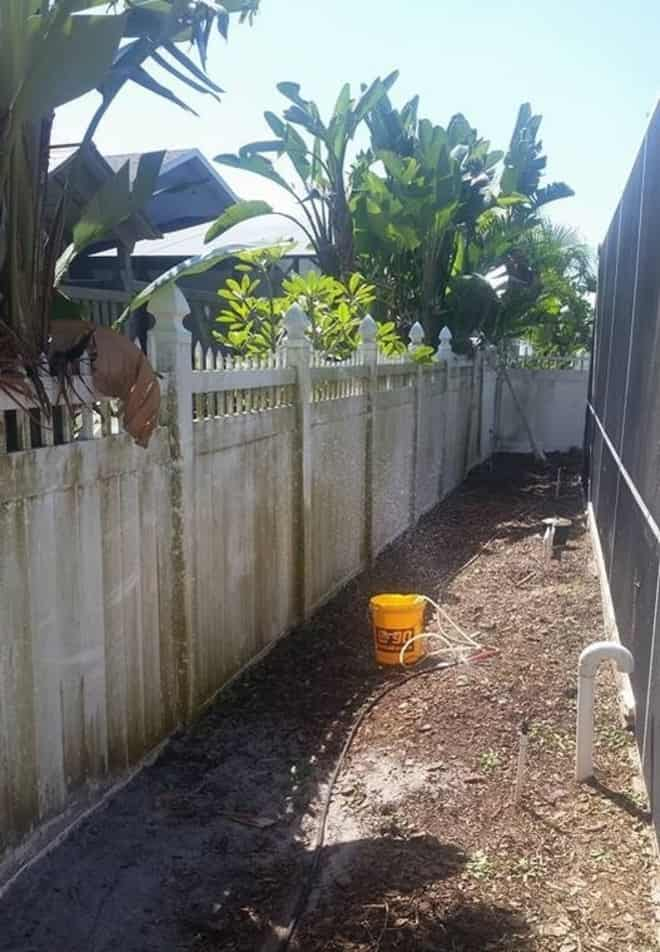
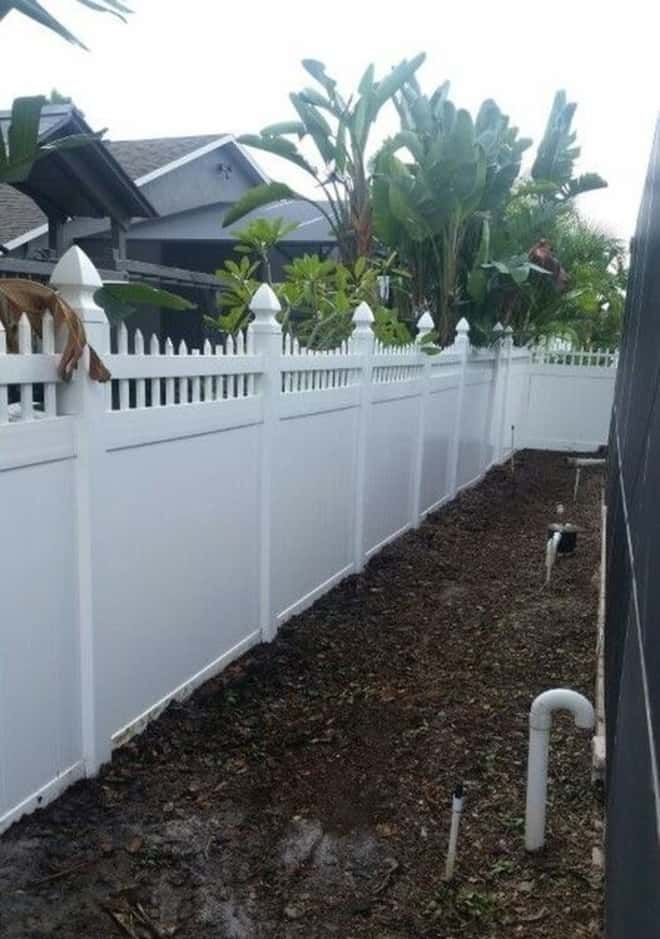
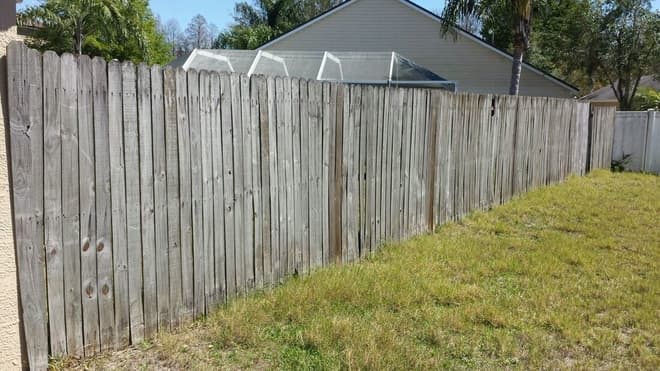
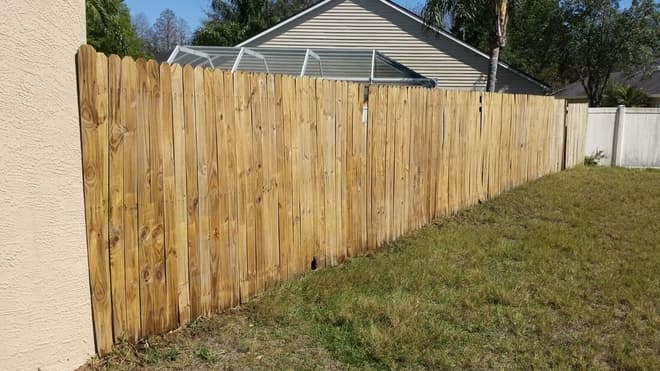



 RSS Feed
RSS Feed
